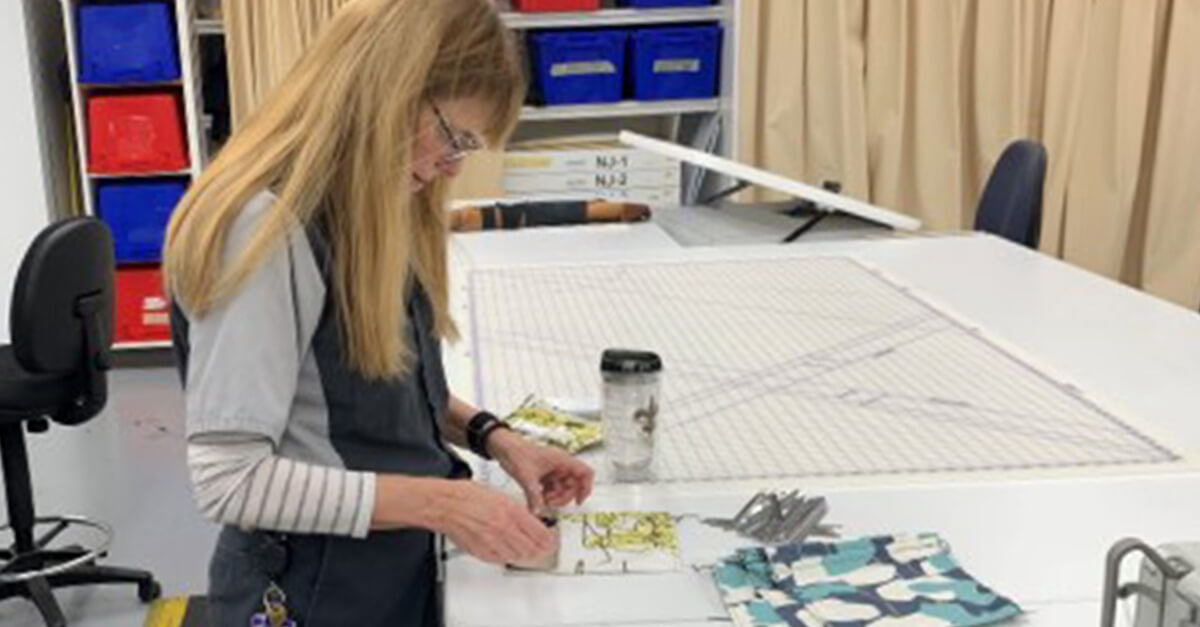
March 30, 2020
Business aviation continues to answer the national call to service throughout the COVID-19 crisis, with Lincoln, NE-based maintenance, repair and overhaul facility Duncan Aviation utilizing its interior design and manufacturing skills to fabricate protective face masks for local hospitals.
Duncan’s Communications Manager Lori Johnson said the effort began over concerns about the safety of the company’s approximately 2,400 employees.
“Interior Shop Automations Team Leader Nicholas Graham reached out to Bryan Medical Center in Lincoln last weekend and asked for help in designing a mask,” said Johnson. “He also asked what our company could do to support hospitals during this time of need.”
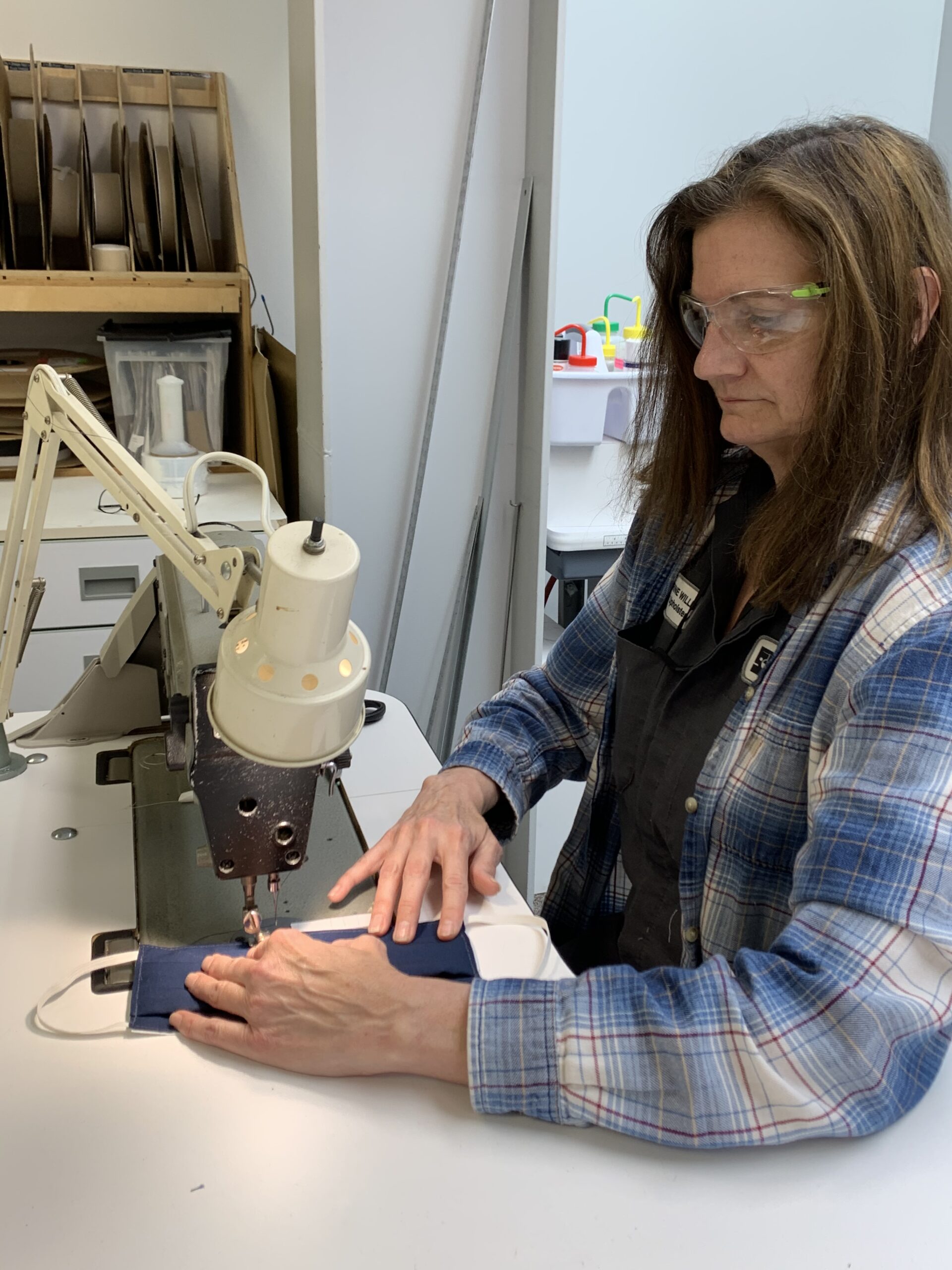
With specifics in hand, Duncan Interior Assistant Manager Curt Eliker and Upholstery Team Leader Kathy Wills contacted a local outlet of a national fabrics and crafts chain, which in turn provided the company with more than $3,000 of material for the protective coverings at a significantly discounted price.
Following the hospital’s instructions, Wills created patterns for two mask designs and had them digitized for cutting. Soon, under the watchful eye of Interior Upholstery Automation Specialist Cody Francis, cutting commenced at the rate of approximately 100 units per hour. Materials for the company’s employee personal protective equipment requirements were sewn together by the upholstery teams in Lincoln; Battle Creek, MI; and Provo, UT.
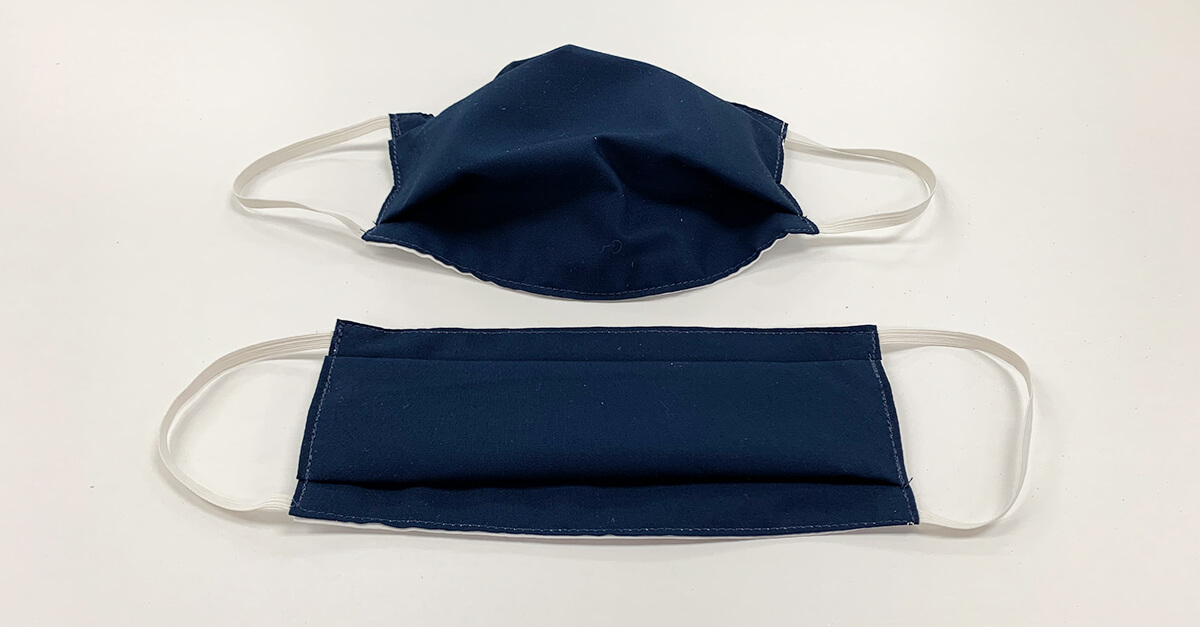
In addition to supplying masks for employees, “the Lincoln location cut more than 1,000 additional masks,” Johnson continued. “These were given to a group of approximately 300 women in Lincoln who volunteered their own skills to the relief effort by sewing the masks together for area hospitals.”
Half of that initial run of masks will be sent to Bryan Medical Center, with the remainder distributed to other medical facilities in the Lincoln area.
Johnson noted that’s just the beginning, with the Battle Creek facility establishing a similar program for hospitals in their region.
“This activity could be replicated in other communities as well,” Johnson added, noting that other Duncan facilities across the country were looking for sewing groups in their local areas interested in assembling masks using materials cut by Duncan Aviation for distribution to medical facilities across the country.
“We’re also exploring production of other items in critical need, such as medical bonnets,” she added. “This in indicative of the creativity, compassion and initiative found in our team members. We all feel it is the least we can do during this uncertain time.”
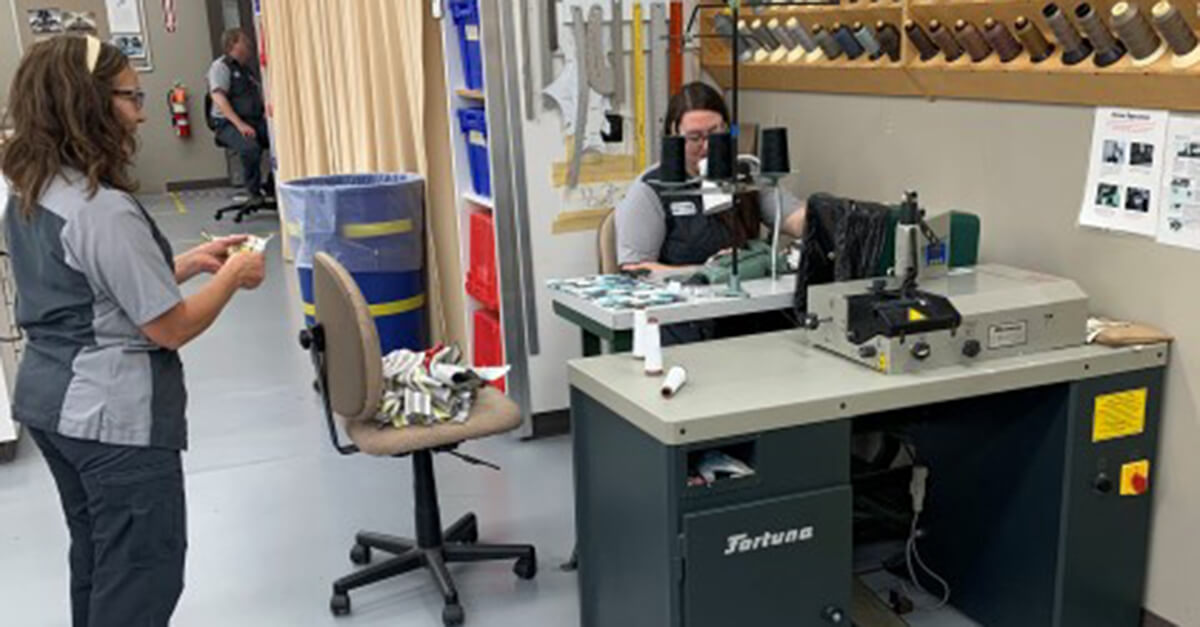
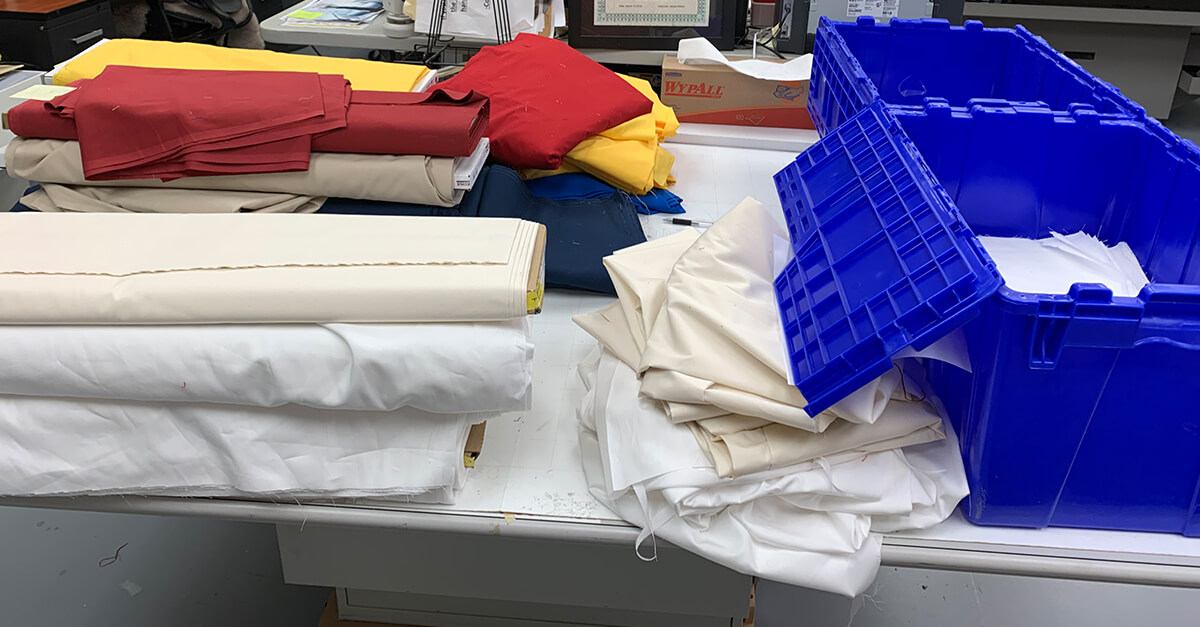


 International Business Aviation Council Ltd.
International Business Aviation Council Ltd.